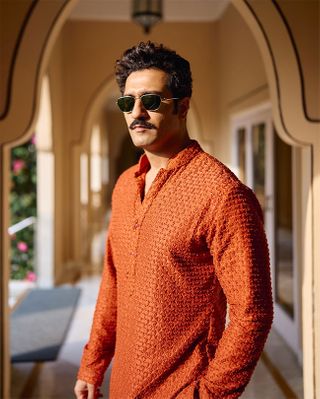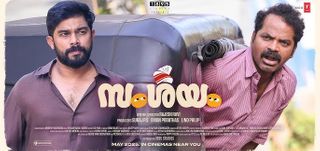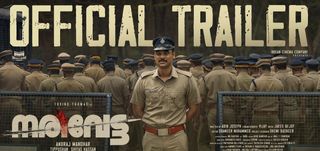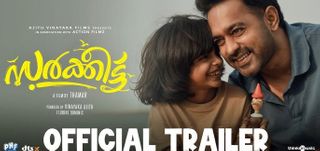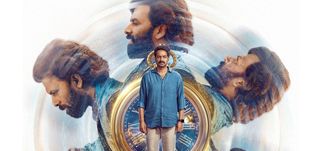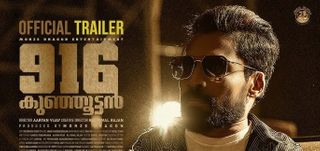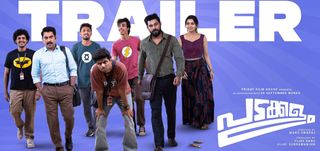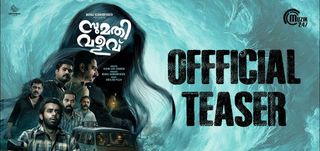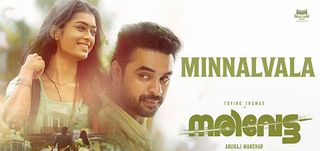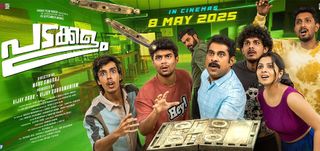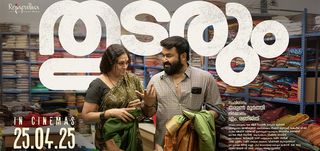Adayalangal Movie Review
M.G. Sasi's State Award winning film Adayalangal (The Imprints) attempts a sensitive portrayal of the life of Nandanar, who earned for himself a place in Malayalam literature. The film takes us through the life of young Gopi, who has to suffer much in life on account of the impoverished circumstances of his family comprising of his mother Madhavi and two young siblings. They find it hard to survive amidst the poverty that is further aggravated by the Second World War.
Gopi's step-brother Ravunni is a soldier, fighting at the war-front. Ravunni hates Gopi and the other two children and never cares to look after the family. On most of the days Gopi, his mother and his young brother and sister don't even have food to eat. There are people who help them, others who want to help but don't have the means to, and yet others who just don't care. And thus life drags on and on for Gopi and his family. The only solace that Gopi has in the midst of this desolation is a girl named Meenakshi, whom he loves passionately.
Ravunni comes home on leave, but doesn't care to visit his mother and family. He lives in his own home with his wife and children. And when he condescends to visit his mother on Gopi's insistence, a tussle takes place between the two. And that leads to Gopi taking some concrete decisions.
Lead actor Govind Padmasurya, who makes his debut playing Gopi, doesn't impress us much, his performance being just average. Sathi, who plays Gopi's mother Madhavi, too falters often, her looks and expressions not being in sync. Jyothirmayi as Meenakshi is good. So is Sreeraman as a gay entrepreneur who runs a bidi factory. T.G. Ravi gives a good performance. So does T.V. Chandran in a cameo role.
M.J. Radhakrishnan, who cranks the camera for Adayalangal, gives us some excellent frames. The background score by Shyam Dharman deserves mention. Noted music director Vidhyadharan has composed a very melodious tune for the poem "Chirikal Thorumen…"
The plight of the protagonist and the conflicts that go on in his mind have been brought out effectively in Adayalangal. But when one looks at the film as a whole and the narrative style used, one gets the feeling it's a documentary that one is watching and not a work of fiction.
Overall lack of pace, which is characteristic of most of our art-films, makes things rather tedious. The frequent use of images from folk-lore looks contrived. Though good in parts, Adayalangal isn't an exceptional work of art, not one that would leave a lasting impression on you.
OTHER REVIEWS








